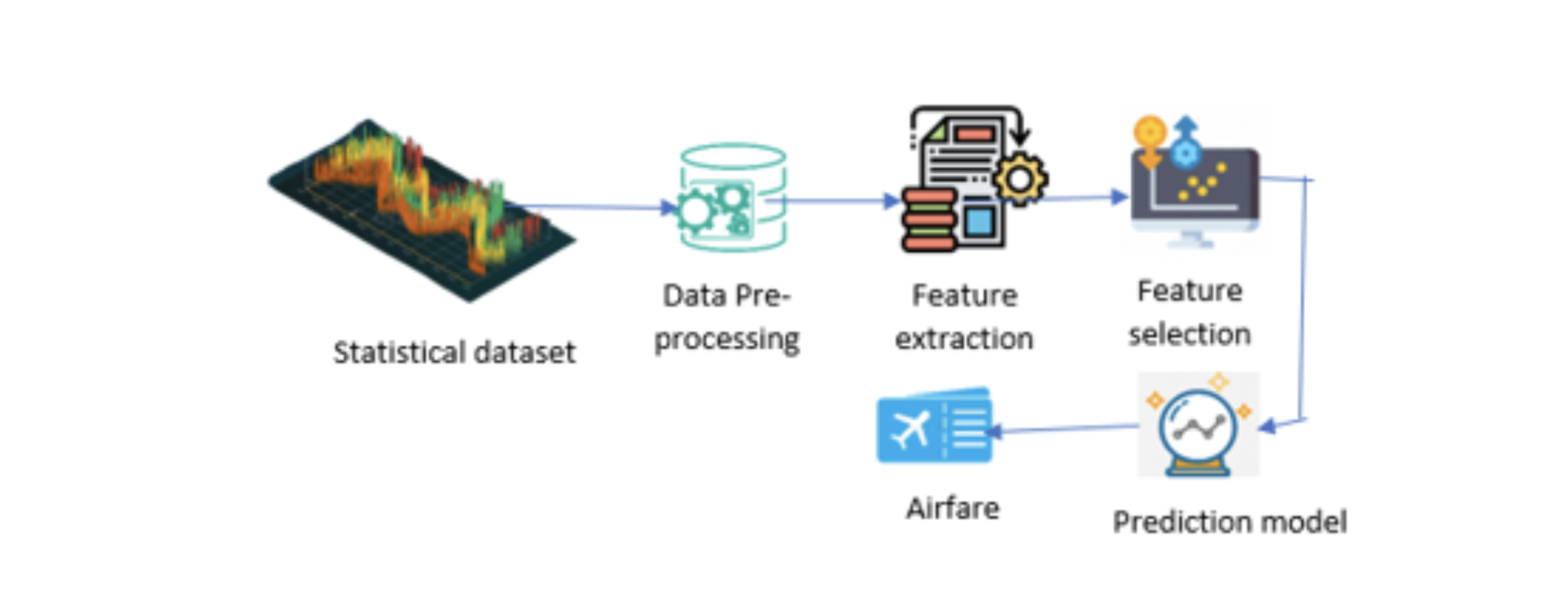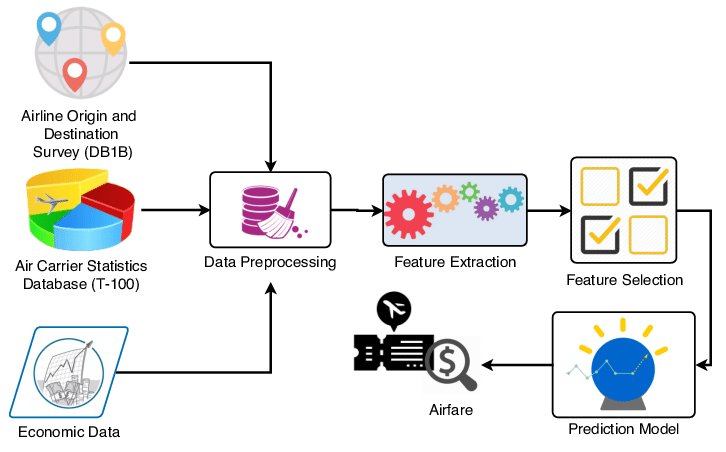Comments
- No comments found

Machine learning is emerging as a game-changer in the hunt for affordable tickets.
It is revolutionizing the way we search for and secure cost-effective tickets, providing consumers with savings and peace of mind.
Machine learning algorithms analyze your past ticket purchases, preferences, and search history to provide personalized recommendations. By understanding your travel or entertainment habits, these systems can suggest options that align with your budget and interests. Whether it's a weekend getaway or tickets to your favorite band's concert, machine learning tailors suggestions to your unique needs.

Source: IJRASET
Ticket prices can fluctuate dramatically based on various factors, including demand, timing, and seat availability. Machine learning models continuously monitor these variables, allowing you to track price trends and receive notifications when prices drop. This enables you to make informed decisions about when to buy, ensuring you snag the best deals.
With countless ticket-selling platforms available, comparing prices and options can be overwhelming. Machine learning-powered tools streamline this process by aggregating data from multiple sources, presenting you with a comprehensive overview of available tickets. This simplifies your search, saving you time and effort.

Source: Research Gate
Predictive analytics, powered by machine learning, forecast future ticket prices based on historical data and market trends. This invaluable tool helps you decide whether to purchase now or wait for a potentially lower fare. By leveraging these insights, you can avoid buyer's remorse and secure tickets at the most favorable rates.
The ticket industry has its share of fraudulent sellers and counterfeit tickets. Machine learning algorithms can identify suspicious listings and sellers, reducing the risk of falling victim to scams. They also enhance security by implementing features like facial recognition for ticket validation at events, ensuring your ticket is genuine.
Machine learning extends its benefits to make ticket purchasing more accessible and inclusive. These technologies can assist individuals with disabilities by providing voice-activated interfaces and real-time event accessibility information. Everyone deserves the opportunity to enjoy live events and travel experiences hassle-free.
For eco-conscious travelers, machine learning can recommend more sustainable travel options, such as routes with lower carbon footprints or alternative transportation methods. This not only helps you reduce your environmental impact but may also offer cost savings.

Source: University of Southern California
Machine learning systems continuously learn and adapt to user behavior and feedback, enhancing their ability to find cheap tickets over time. As you use these platforms, they become more attuned to your preferences, increasing the likelihood of discovering hidden gems and discounts.
In conclusion, machine learning is reshaping the ticket-buying landscape, making it easier than ever to find affordable options for travel, entertainment, and more. With personalized recommendations, price tracking, fraud detection, and sustainability considerations, these AI-powered tools empower consumers to make informed choices and unlock substantial savings. Embrace the future of ticket hunting with machine learning and embark on your next adventure without breaking the bank.
Leave your comments
Post comment as a guest